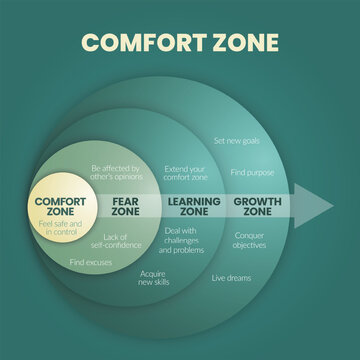Breaking Through Learning Barriers
Every learner encounters obstacles that can derail their progress, but understanding these common barriers is the first step to overcoming them. The most significant challenge many face is the plateau effect—that frustrating period where improvement seems to stagnate despite continued effort.
Effective learning strategies involve recognizing when you've hit a plateau and implementing specific techniques to push through. This might involve changing your practice routine, seeking feedback from experts, or breaking complex skills into smaller, more manageable components. The key is maintaining momentum while adapting your approach based on what the evidence tells us about optimal learning conditions.
Another critical factor is managing the emotional aspects of learning. Fear of failure, perfectionism, and comparison with others can create psychological barriers that limit progress. Successful skill development requires cultivating a growth mindset that views challenges as opportunities rather than threats, and mistakes as valuable learning data rather than personal shortcomings.




